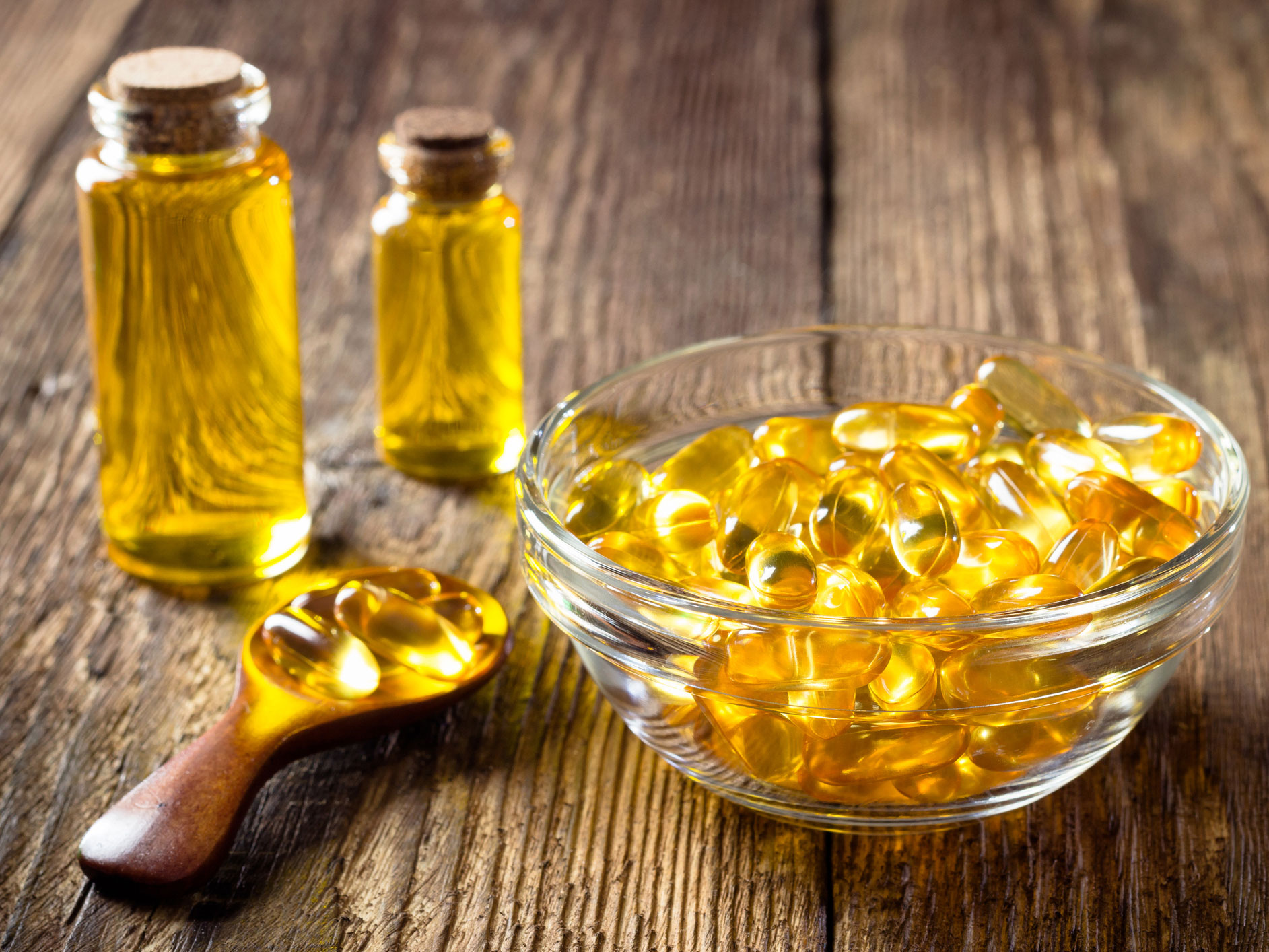Get Easy Health Digest™ in your inbox and don’t miss a thing when you subscribe today. Plus, get the free bonus report, Mother Nature’s Tips, Tricks and Remedies for Cholesterol, Blood Pressure & Blood Sugar as my way of saying welcome to the community!
The supplement that helps cancer spread

You’ve probably heard for decades that antioxidants reduce cancer risk. Here’s why…
Free radicals from our food, environment, etc. damage our DNA. This damage leads to cancer (among other diseases). Antioxidants, however, counteract free radicals and prevent this damage.
But what if the antioxidant-cancer relationship wasn’t as straightforward as it seems? What if sometimes antioxidants fought cancer… and other times they fueled it?
That’s the kind of information you’d want to know sooner rather than later. Which is why I have something critical to share with you…
There’s one popular antioxidant supplement that could cause lung cancer to spread.
Excess antioxidants send lung cancer cells searching for a new home
A lot of people take vitamin E supplements for cancer prevention because of their strong antioxidant properties. In fact, research shows vitamin E can reduce the risk of prostate, colon and lung cancer among other types of cancer. But in the case of lung cancer, a new study shows these supplements could make cancer worse…
Researchers from the NYU School of Medicine and Perlmutter Cancer Center did experiments on mice and human tissue to investigate what causes lung cancer to spread.
More specifically, they looked at genetic mutations (known as NRF2 and KEAP1 mutations) that are tied to stubborn cases of non-small cell lung cancers. These mutations increase antioxidant production. And having too many antioxidants around triggers a scary chain of events…
It triggers a cellular reaction that causes lung cancer cells to migrate in search of a better home. In other words, it causes cancer to metastasize to other parts of the body. According to researchers, this cellular reaction is the same whether the excess antioxidants come from genetic mutations or vitamin E supplements.
“For lung cancer patients, taking vitamin E may cause the same increases in cancer’s ability to spread as the NRF2 and KEAP1 mutations that our team has linked to shorter survival,” says study author Thales Papagiannakopoulos, Ph.D., assistant professor in the Department of Pathology at NYU School of Medicine. “We hope these findings help to dispel the myth that antioxidants like vitamin E help to prevent every type of cancer.”
Is all vitamin E off limits now?
I bet you’ll think twice about taking a vitamin E supplement anytime soon, and I don’t blame you. But do you have to worry about all types of the vitamin?
Nope. In fact, past research shows that gamma-tocopherols (the most abundant type of vitamin E in the American diet) and delta-tocopherols (the vitamin E found in vegetable oils) prevent cancer. But alpha-tocopherol (the type used in most supplements) doesn’t have the same cancer-fighting potential.
The moral of the story?
Get your vitamin E from food rather than supplements (or, at the very least, be particular about the type of supplement you take). Here are some vitamin E-filled foods to keep eating regularly:
- Wheat germ oil
- Sunflower seeds
- Almonds
- Hazelnut oil
- Grapeseed oil
- Rice bran oil
- Sunflower oil
- Almond oil
- Hazelnuts
- Abalone
- Pine nuts
- Peanuts
- Avocado
- Rainbow trout
- Red sweet pepper
- Brazil nuts
- Mango
- Turnip greens
- Kiwi
- Spinach
- Swiss chard
- Butternut squash
Editor’s note: Discover how to live a cancer prevention lifestyle — using foods, vitamins, minerals and herbs — as well as little-known therapies allowed in other countries but denied to you by American mainstream medicine. Click here to discover Surviving Cancer! A Comprehensive Guide to Understanding the Causes, Treatments and Big Business Behind Medicine’s Most Frightening Diagnosis!
Sources:
- Antioxidants and Cancer Prevention — National Cancer Institute
- Too many antioxidants may cause lung cancer spread — MedicalXpress
- Nrf2 Activation Promotes Lung Cancer Metastasis by Inhibiting the Degradation of Bach1 — Cell
- Some forms of vitamin E lower cancer risk — Easy Health Options
- 10 foods rich in vitamin E — Medical News Today
- 20 Foods That Are High in Vitamin E — Healthline












